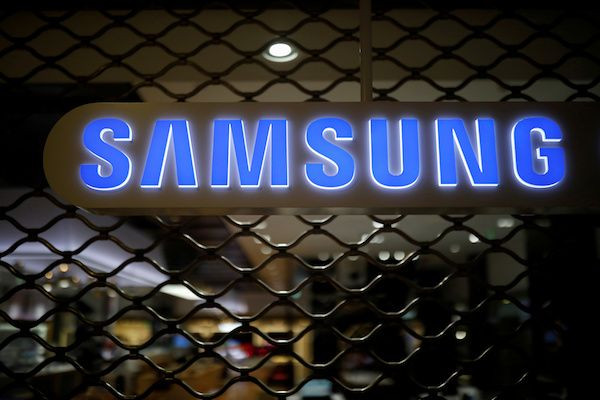Samsung Exynos Chips For Cars Coming First To Audi, Sources Reveal

It appears Samsung is preparing to officially join the competition in the automotive system semiconductor market. The South Korean tech giant has apparently announced that it is launching its very own application processor for cars.
Industry sources revealed Monday that Samsung is now gearing up to debut its first Exynos chip for cars, which is tentatively called Exynos Auto. The processor is going to be available first to Audi cars, which previously relied on Qualcomm for application processors, as per The Investor.
According to the same industry sources, Samsung’s Exynos Auto chip is exclusively designed to provide massive amount of computing power to in-car solutions like infotainment system, head-up display and digital dashboard. The company is also revealed to be at the stage where it is now completing the mass-production of the chips. Hence, Samsung is expected to debut Exynos Auto within this year.
Interestingly, this wouldn’t be the first time that Samsung is providing processors to Audi. In January of last year, the tech giant modified its existing smartphone processors to come up with automotive chips for Audi. Moreover, an industry source disclosed on condition of anonymity that Samsung and Audi’s partnership actually started a few years back. “Samsung started developing automotive chips since its partnership with Audi in 2015. The new chip will be developed exclusively for cars,” the source said.
Etnews has learned that Samsung’s Exynos Auto will be the company’s first application processor to have NPU (neural processing unit) block for artificial intelligence calculations. This means the new chip will be capable of machine learning so it can perform faster and more efficiently than conventional chips. The NPU can also analyze images detected by image sensors, so the chip can help develop the functionality of Advanced Driver Assistance Systems in recognizing lanes and obstacles.
Samsung is also said to be including an LTE supporting component to Exynos Auto so cars could stay connected to the internet. The LTE modem is expected to implement an environment that always has internet connectivity even when drivers are on the go.
The automotive system semiconductor market is currently based on competitions between traditional manufacturers — NXP, Renesas and Infineon — and powerhouses from PC and mobile markets. By debuting Exynos Auto, Samsung is going to be a part of the latter, which is mainly governed by Intel and Qualcomm. To ensure that its entry to the market won’t go unnoticed, Samsung is reportedly using its unique competitive edge in production and its success in the mobile devices market to attract more clients.
© Copyright IBTimes 2024. All rights reserved.





















